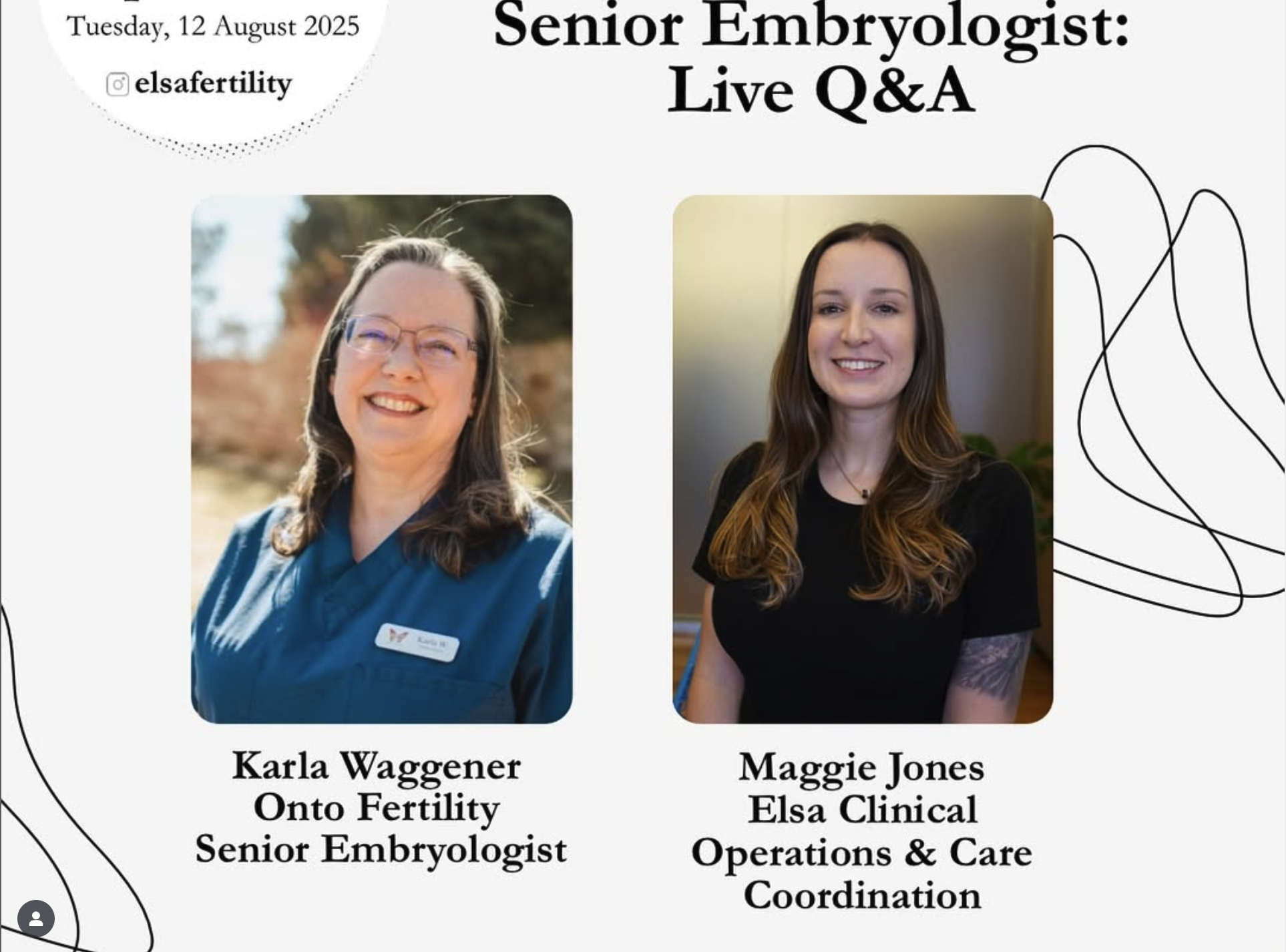How Many Eggs Should I Freeze?

We understand that deciding how many eggs to freeze is a deeply personal choice—one that depends on your goals, health, age, and what the future might hold. There’s no perfect number that works for everyone, but there are some general guidelines that can help you feel more informed as you weigh your options.
Whether you're freezing eggs for medical reasons, to delay parenthood, or simply to give yourself more flexibility, here are a few things to keep in mind as you explore what’s right for you.
Age Is a Big Factor
Egg quality and quantity tend to decline with age, so when you freeze your eggs can have a big impact on how many are recommended.
- Under 35: People in this age range often have higher egg quality and may need fewer eggs overall. Freezing 15–20 eggs can provide a strong chance for a successful pregnancy later.
- Ages 35–37: As fertility begins to decline, some fertility specialists may suggest aiming for 20–25 eggs to keep options open.
- 38 and older: Success rates decrease more noticeably after 38, so freezing 25–30 eggs or more might be considered, though it depends heavily on your individual response to stimulation and retrieval.
Again, these are ballpark figures—not rules. Some people reach their goals in one cycle, others need more time. The key is to work with your fertility team to understand what’s realistic for your body.
Your Future Plans Matter Too
If you’re hoping for just one child, the number of eggs needed could be on the lower side—especially if you’re freezing earlier in life. For those thinking about having more than one child, or simply wanting to leave the door open for more options, it might make sense to aim for a higher egg count.
- Planning for one child: Somewhere around 15–20 eggs may be enough, depending on your age and health.
- Planning for multiple children: Freezing 20–30 eggs could increase your chances of having more viable embryos to work with in the future.
Some people also choose to fertilize and freeze embryos instead of just eggs, which involves additional steps and may affect how many eggs they decide to retrieve.
Consider Your Timeline
The longer you wait to use your frozen eggs, the more variables come into play. That’s why your timeline—whether you’re planning for the next few years or much further down the road—is worth factoring into the equation.
- Using eggs in the next 5–10 years: A moderate number of eggs (15–20 eggs) might be sufficient, especially if retrieved earlier.
- Waiting 10+ years: Some people choose to freeze more eggs (closer to 25–30 eggs) to give themselves more options as they get older.
Health and Lifestyle Also Influence Outcomes
Conditions like PCOS or endometriosis can impact your fertility and how your body responds to egg retrieval. For example:
- PCOS: People with PCOS may produce a higher number of eggs during a cycle but may need to pay closer attention to egg quality.
- Endometriosis: This condition can affect both egg quantity and quality, and sometimes requires a more tailored approach.
Other health factors—like hormone levels, smoking, or general wellness—can also play a role in how many eggs are retrieved and how viable they are.
It's Okay Not to Know Yet
You don’t need to have every detail figured out before starting the egg freezing process. Some people begin with a general idea and refine their plan as they go. Others choose to freeze a round of eggs just to keep the door open, knowing they can always do more later if they want.
What matters most is that you feel supported, informed, and empowered throughout the process.
Why Elsa Fertility?
At Elsa Fertility, we’re here to help you make sense of your options—not overwhelm you with information or pressure you into decisions. We take the time to understand your health, your goals, and your hopes for the future. Our team works closely with you to build a fertility preservation plan that feels aligned with your life—not someone else’s timeline.
If you’re thinking about freezing your eggs or just want to explore what’s possible, we’d love to help you get started. Book a consultation with us today and let’s talk about your next step.
Articles Recommended for You
Modern, personalized, effortless
Join our mailing list to stay informed with the latest in fertility.




